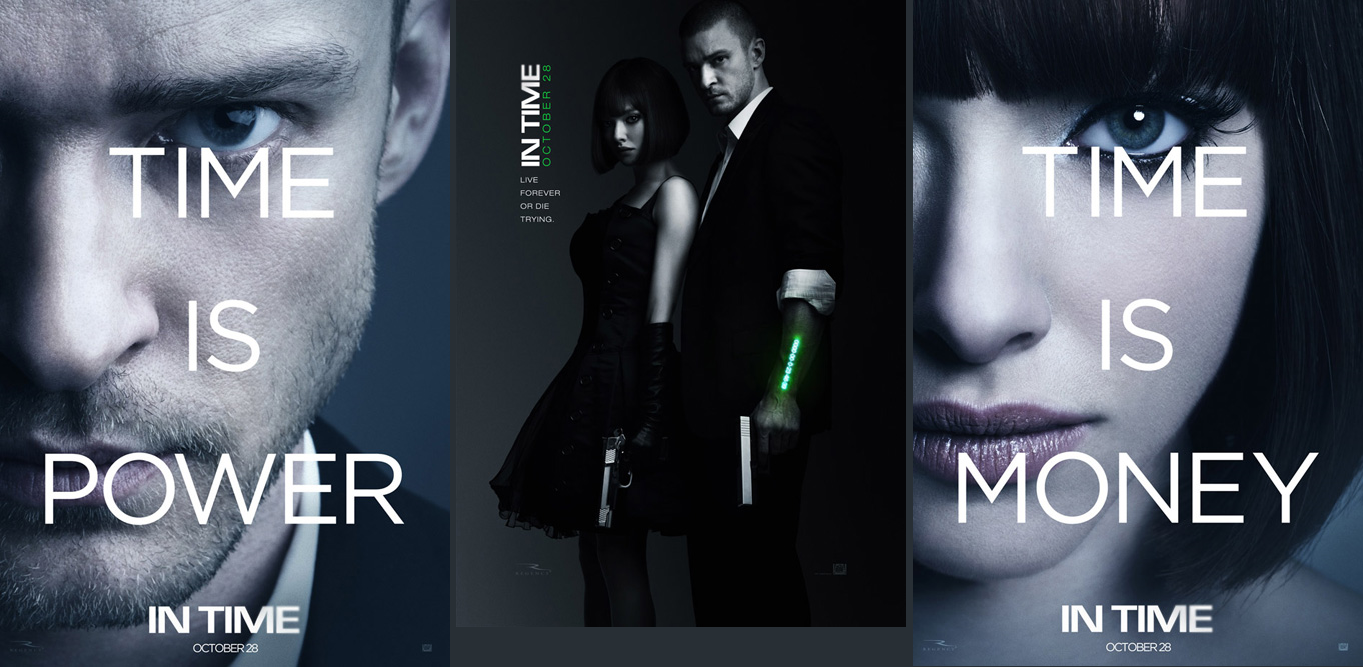The subject of genetic engineering / manipulation came up during Hanna, though in an unrealistic sci-fi scenario where the CIA tried making super soldiers through invitro - genetic enhancement. But while this sounds like sci-fi now, there are a lot of things today that can be done that are NOT science fiction that are pretty close to genetic manipulation.
- what happens if you want a boy in your family since your family already three girls? What could you do to increase the odds? Picking the sex of your child can be done now w/ invitro fertilization (IVF) once fertilized eggs divided into eight cells, that mass can be tested for sex and then implanted in the mother's womb.
- what if you really loved your dog or cat and wanted one exactly like it? Apparently, a company existed for 2 years called Genetics Savings and Clone and was able to clone a couple

of cats. It shut down in 2006 for reasons I can't quite fathom (besides my basic revulsion of the idea, other qualms), but here's an NPR link to a radio interview about the company when it opened in 2004
http://www.npr.org/templates/story/story.php?storyId=4176651 - Here's a more recent story from 2009 about a Korean company that cloned a Labrador Retriever for $155,000. http://abcnews.go.com/Technology/AmazingAnimals/story?id=6762235&page=1 - what if your only child died or had was dying from an accident and making a clone to replace the missing or needed parts was the only way to replace or help that child? This would be a tough one for me to answer b/c I've never ever been in a situation like this, and I don't know how desperate I might get to save my daughter's life. If making a clone of my daughter to create stem cells could help her, I would be all for it. Chances are, scientists wouldn't have to go as far as cloning to help her since our body makes stem cells all of the time.
- But, South Korean scientists in 2004 were successful in cloning a human embryo using the same person's cells (
http://www.npr.org/templates/story/story.php?storyId=1672523&ps=rs). The idea was to aid the woman's health, not clone her. Even so, a recent poll in America states that 84% of Americans feel that cloning humans is morally wrong.
- Would you be willing to be part of a genetic experiment that not only strengthened your muscles but prevented them from deteriorating with age? Gene therapy can allow us to repair damaged cells but apparently scientists at the University of Penn have done such a thing with mice in 2004 - called "Mighty Mice." This kind of therapy could help people with muscular dystrophy or ALS (Lou Gehrig's disease). But could it also be abused by athletes and others looking for an edge, especially if they aren't injured? Gene therapy doesn't usually show up on drug tests since it's supposed to be part of your natural body chemistry, so how do you know who's doping and who's not? - if you had the chance (and it were possible), would you pick certain traits for your child before he/she was born? Would you want a child that is more predisposed to music, athletics, math, or would you try to pick the hair and eye color and let fate take care of the rest? In 2015, a Chinese scientist successfully edited the gene sequence of two embryos and the children were born. - Is this kind of genetic selection ethical?* Would it create a separate subspecies of humans like portrayed in the movie Gattaca - those who have been enhanced and those who haven't? If you haven't been enhanced, you're stuck in a 2nd class citizenry status much like African Americans were before the Civil Rights movement, while those who have been genetically enhanced (those with money, of course) get the best pick of jobs, lives, etc.
Pick at least three questions (one must include the last one about ethics*) and answer them by class, Monday June 6th. Thanks. 300 words minimum.
Sources:
 of cats. It shut down in 2006 for reasons I can't quite fathom (besides my basic revulsion of the idea, other qualms), but here's an NPR link to a radio interview about the company when it opened in 2004 http://www.npr.org/templates/story/story.php?storyId=4176651
of cats. It shut down in 2006 for reasons I can't quite fathom (besides my basic revulsion of the idea, other qualms), but here's an NPR link to a radio interview about the company when it opened in 2004 http://www.npr.org/templates/story/story.php?storyId=4176651






